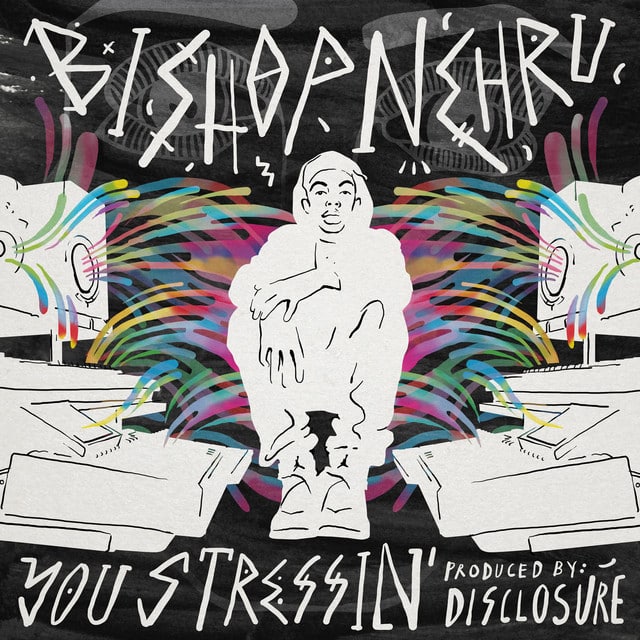Released: 2012
“Lemon Grass” by Bishop Nehru is a definitive statement of intent, emblematic of the hustle and ambition that characterizes hip-hop culture. The song weaves a narrative of a young rapper on the rise, contending with doubters, aspiring to greatness, and navigating the tempter of material and personal triumphs.
The song opens with a dialogue, hinting at a certain tension between the protagonist (Bishop) and an unnamed character. It subtly lays the ground for the ensuing narrative where Bishop’s talent, ambition, and ultimately, his cool are recognized, if begrudgingly, by those around him.
In the first verse, Bishop addresses his critics head-on. Even at 15, he’s confident in his skills, dismissing those who are not impressed (“a lot of people ain’t impressed I know”) as ignorant (“the kid ain’t got no flow”). He proclaims his poise in navigating the rap waters (“you bozo’s drowning in the words I’m spitting”) and his readiness to face the odds (“Cause they loco and my mojo is so pro”).
As Bishop further unveils his journey, we see the allure of success – the women (“your ho know that I’m up next, she undressed”), the money (“closer to the cash”), and the respect (“people start feeling your crew”). It’s a raw and unfiltered picture of ascension through the ranks, with its rewards and pitfalls. Acknowledging this, Bishop maintains his focus on “the game” – which could refer to hip hop culture or life – that he’s diligently preparing to take over.
Bishop’s chorus and the second verse further underscore his drive (“I’m all about my cash and my cream and the dream”) and his alleged superiority over his competitors (“You lose in the booth, I’m the truth”). There’s a self-assured defiance here, a rejection of any insinuation of his perceived inferiority owing to his age (“Yeah, I’m young, you my motherfucking seed”).
As the song progresses, Bishop assertively calls out the fakes (“I spit facts / You spit shit no one reacts to”) and the posers (“There’s mad clues cause you claiming you had rare jewels / And tattoos, when I seen you, you ain’t have two”). In a culture that thrives on authenticity, these verses are a pointed critique of those masquerading their way through the scene.
In conclusion, “Lemon Grass” offers a rich tapestry of a young rapper’s life: ambition, struggle, emerging glory, and the dream of getting signed (“get scoped by interscope”). It is as much a testament to Bishop’s belief in his talent as it is a rally call to his detractors – the melodic manifestation of an ‘against-all-odds’ narrative, intrinsic to the fabric of hip-hop culture.








